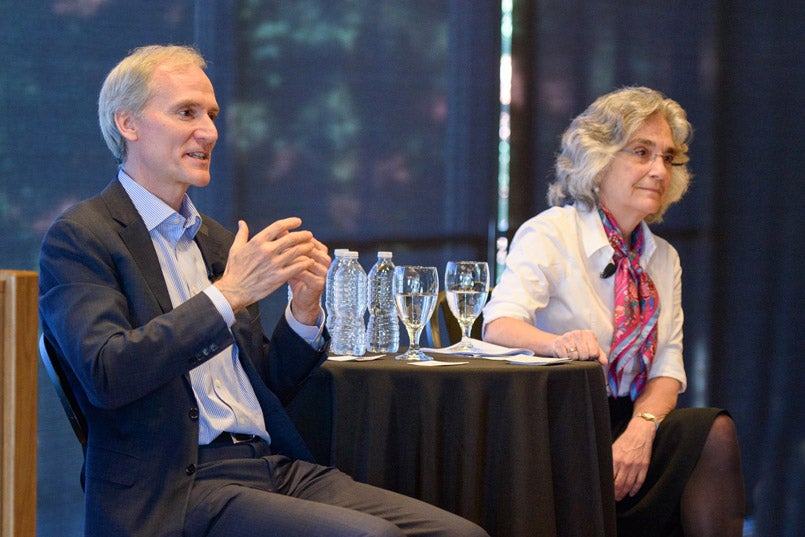May 15, 2018
The beginning of Ramadan
Stanford University was not built with any specific religious foundation, unlike some older colleges and universities in other parts of the USA. That was deliberate on Jane Stanford’s part: She wanted to create a university campus that would be free from sectarian influence, and would be as open and welcoming as possible to those of all religious traditions, as well as those of none.
Our academic calendar is not therefore built around religious holy days, but the university encourages respect and understanding when there are academic calendar conflicts with holy days in allreligious traditions. Occasionally the academic calendar is adapted to accommodate important holy days – as it will be at the beginning of the next academic year, when New Student Orientation will begin a couple of days later than usual to accommodate the Jewish High Holidays.
This quarter, for the first time in more than ten years, the Muslim festivals of Ramadan and Eid al-Fitr will fall entirely within the academic calendar. Ramadan begins this evening, Tuesday, May 15, and will conclude on Thursday, June 14, followed by Eid al-Fitr on Friday, June 15.
Ramadan is the holiest month in the Islamic calendar and is a period in which Muslims around the world will fast from sunrise to sunset. This means abstaining from all food and drink throughout the day. Muslims also exert every effort to become more spiritual in daily life, including through charitable giving, personal reflection and prayers. Eid al-Fitr is a celebration of these efforts Muslims have made throughout the month of Ramadan. The celebration includes gift-giving, sharing greetings and spending time with families and friends. Students who choose to fast have been asked to communicate with faculty in advance should their observance have any impact on their academic commitments.
A special Open Iftar (breaking the fast) will be held in White Plaza on Wednesday, May 16, at 7:30 p.m., and everyone is warmly invited to join the Muslim Students Union and other colleagues for this special night. In addition, the Muslim community at Stanford invites all students, staff and faculty to join one of its regular iftars, which will take place every evening during Ramadan from 7:30 p.m. onward at the CIRCLE (Center for Interreligious Community, Learning and Experience on the third floor of Old Union).
The Festival of Eid marks the end of Ramadan and happens to land, this year, on the last Friday of the spring quarter. Stanford will celebrate the Eid festival in White Plaza from noon until 2 p.m. on Friday, June 15., Again, everyone is warmly invited to join in the festivities, and graduating students are very welcome to bring their families and other guests.
If you have any questions about Ramadan, please contact our colleague in the Office for Religious Life, Associate Dean Sughra Ahmed (sughra@stanford.edu), who will be more than happy to confer with you. The Office for Religious Life is always available to help students, staff and faculty with any questions about the observance of holy days, and further information can be found at https://religiouslife.stanford.edu/faith-traditions/religious-holidays.
